Vajpayee saw opportunity for cooperation with neighbourhood, was aware of challenges of terrorism: Jaishankar
.png)
New Delhi: Former Prime Minister Atal Bihari Vajpayee saw a lot of opportunities for cooperation with our neighbourhood, but at the same time, was aware of the challenges of terrorism, External Affairs Minister S Jaishankar said while hinting towards China and Pakistan.
"In our neighbourhood, Prime Minister Vajpayee saw a lot of opportunities for cooperation but was never impervious to the challenges of terrorism," Jaishankar said on Monday while addressing the Third Atal Bihari Vajpayee Memorial Lecture in New Delhi. Jaishankar said that Vajpayee used all instruments at his command to develop a relationship in the region which would very openly shun terrorists.
"When you look at trying to reach a modus vivendi (mode of living) with China, the fundamental basis for that, that it has to be on the basis of mutual respect, mutual sensitivity, mutual interest, which we articulate today, a lot of it was visible during Vajpayee's visit to China," the external affairs minister said while addressing the lecture.
According to Jaishankar, Vajpayee had a very nuanced and developed understanding of the contemporary world and he helped India transform its relationship with the United States.
"He transformed India's relationship with the United States in the post-cold war environment after recognizing how important that relationship had become for India nationally and internationally," Jaishankar said.
"He imparted continuity and stability to our ties with Russia. At a time when so many important relationships across the world were changing, there was a unique steadiness about the India-Russia relationship and a lot of it has to do with the personal understanding and the efforts that were made by Prime Minister Vajpayee," the minister added.
He said that those in the security domain, associate Vajpayee with the 1998 nuclear test after which India became a nuclear weapon power.
He asked everyone to look at the diplomacy that followed the test, the fact that within two years of the test, Vajpayee had engaged all major countries across the world.
"It is the post-test diplomacy which anyone in the field of diplomacy should look at and draw lessons from. Our relationship with Japan was affected due to the nuclear test but we always drew from the prime minister the confidence that we would find a way to settle it down," Jaishankar said.
He added that today when I look at the India-Japan relationship, I am marvelled at the maturity with which Vajpayee took all of us to look at that challenge.
Jaishankar said that everybody knows Vajpayee as one of our great prime ministers.
"This ministry, however, has a special claim on him as a foreign minister. Not just as a foreign minister but as someone who actively contributed to foreign policy, who even shaped foreign policy as a parliamentarian," he said.
For many of us, he was a very powerful influence well before he became a foreign minister, he said, adding that Vajpayee shaped the larger Indian national security and public policy discourse.
Atal Bihari Vajpayee was the tenth prime minister of India. He served three terms as the prime minister, first for a term of 13 days in 1996, then for a period of 13 months from 1998 to 1999, followed by a full term from 1999 to 2004.
He was one of the co-founders and a senior leader of the Bharatiya Janata Party (BJP). (ANI)

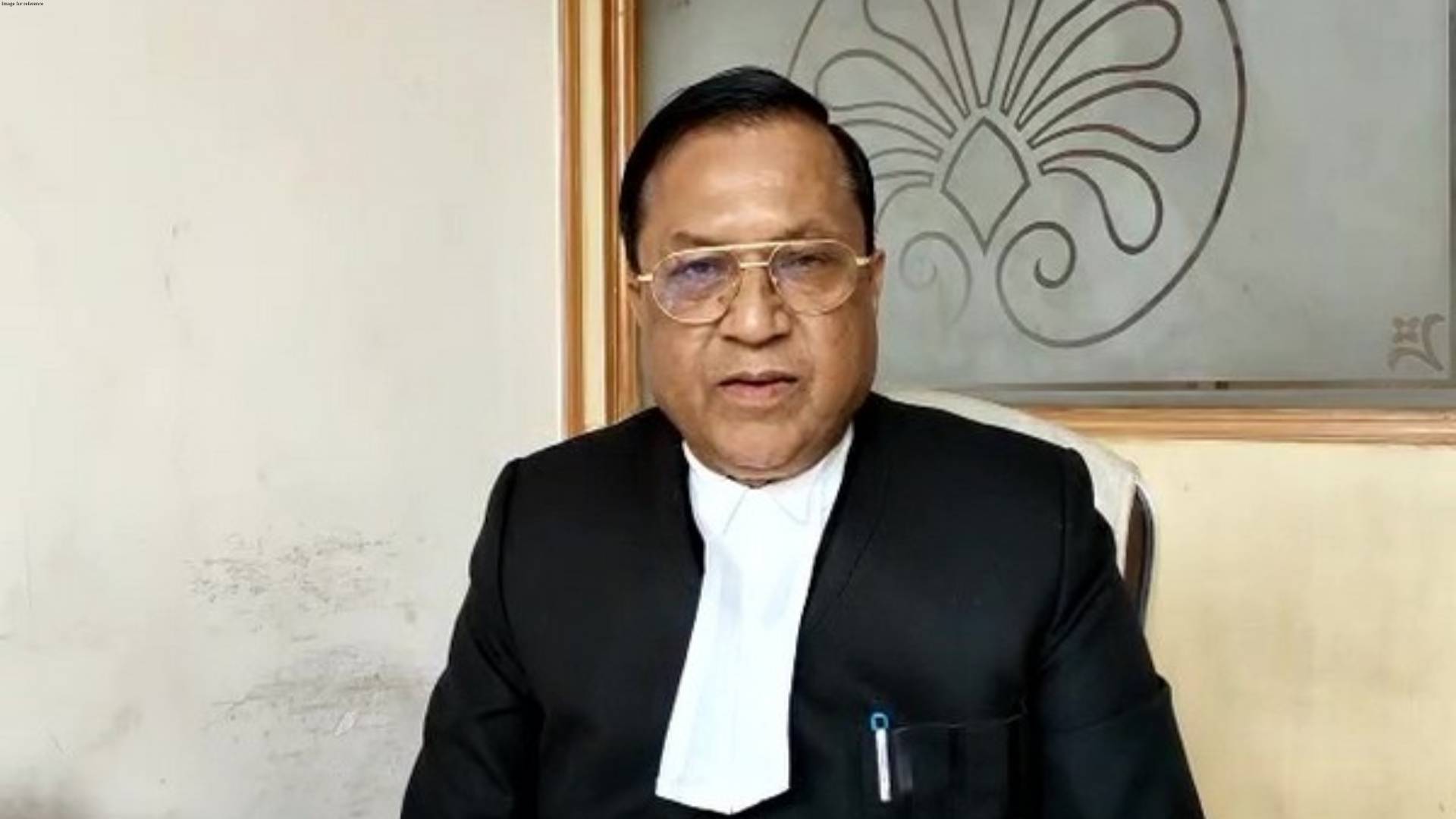
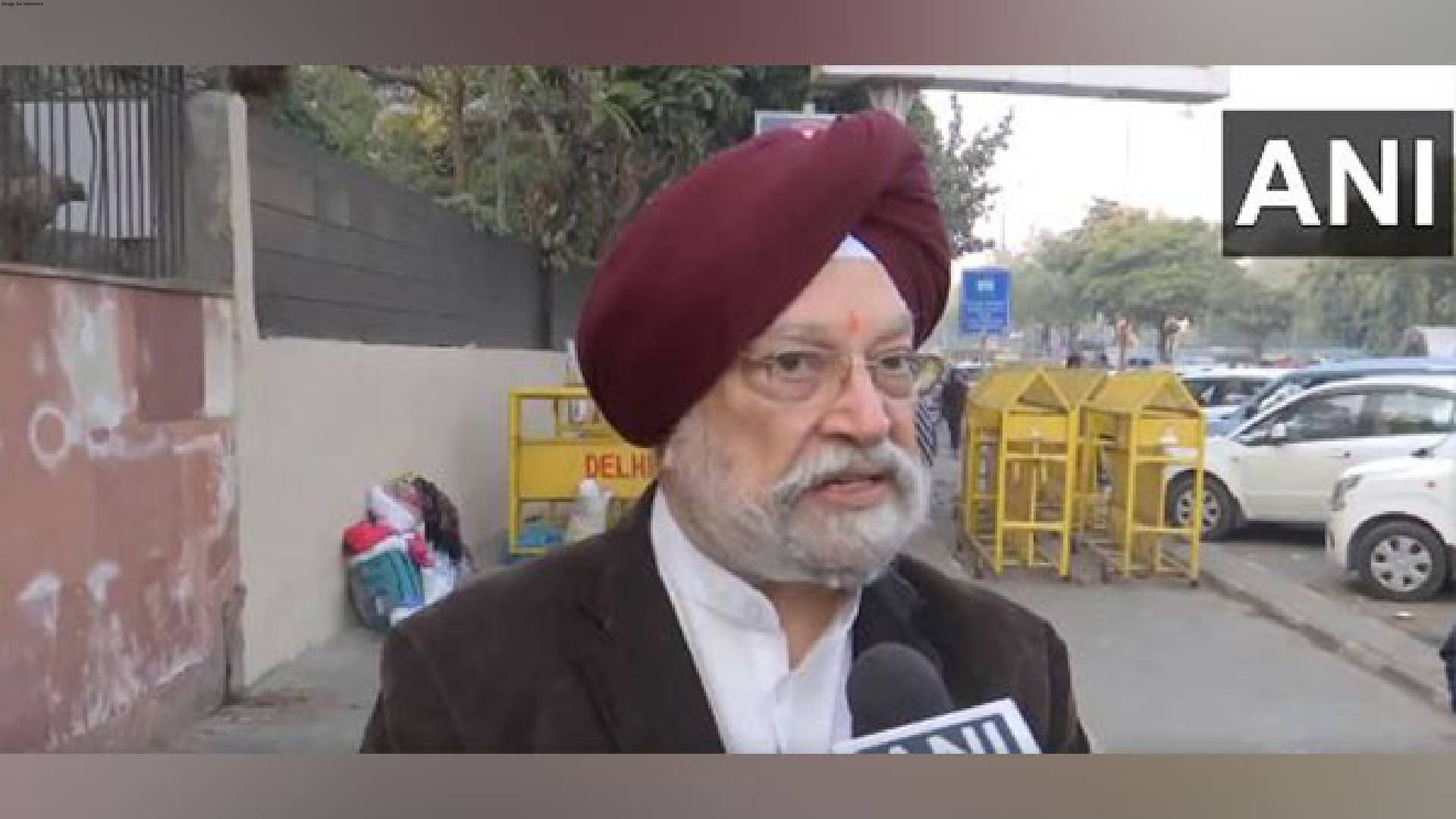
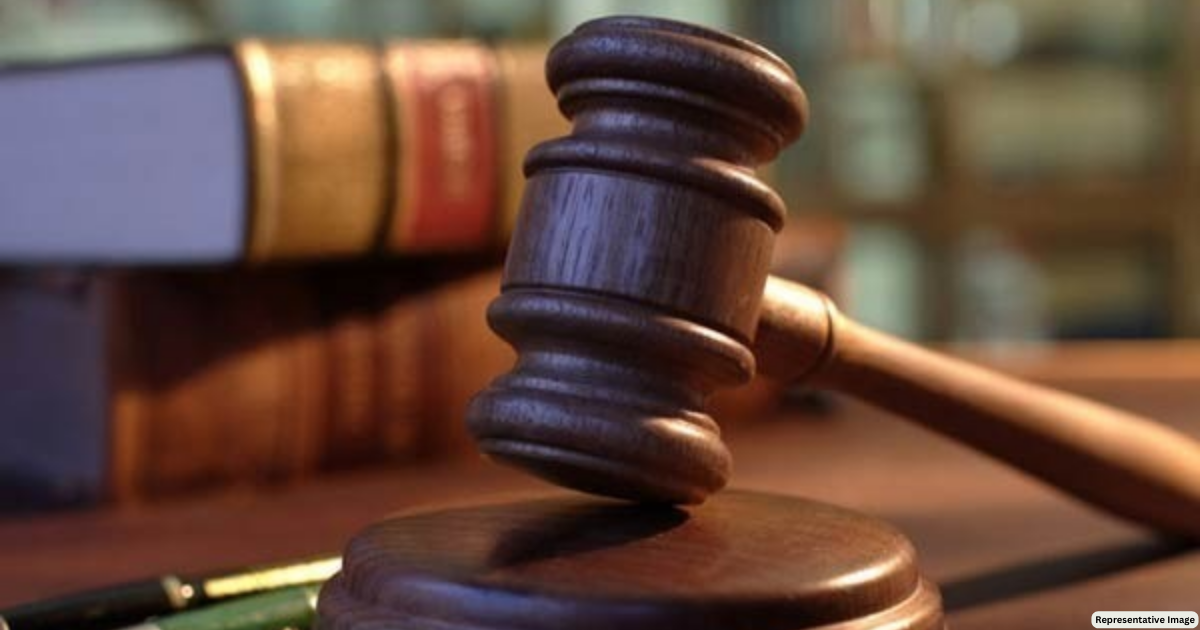
.png)

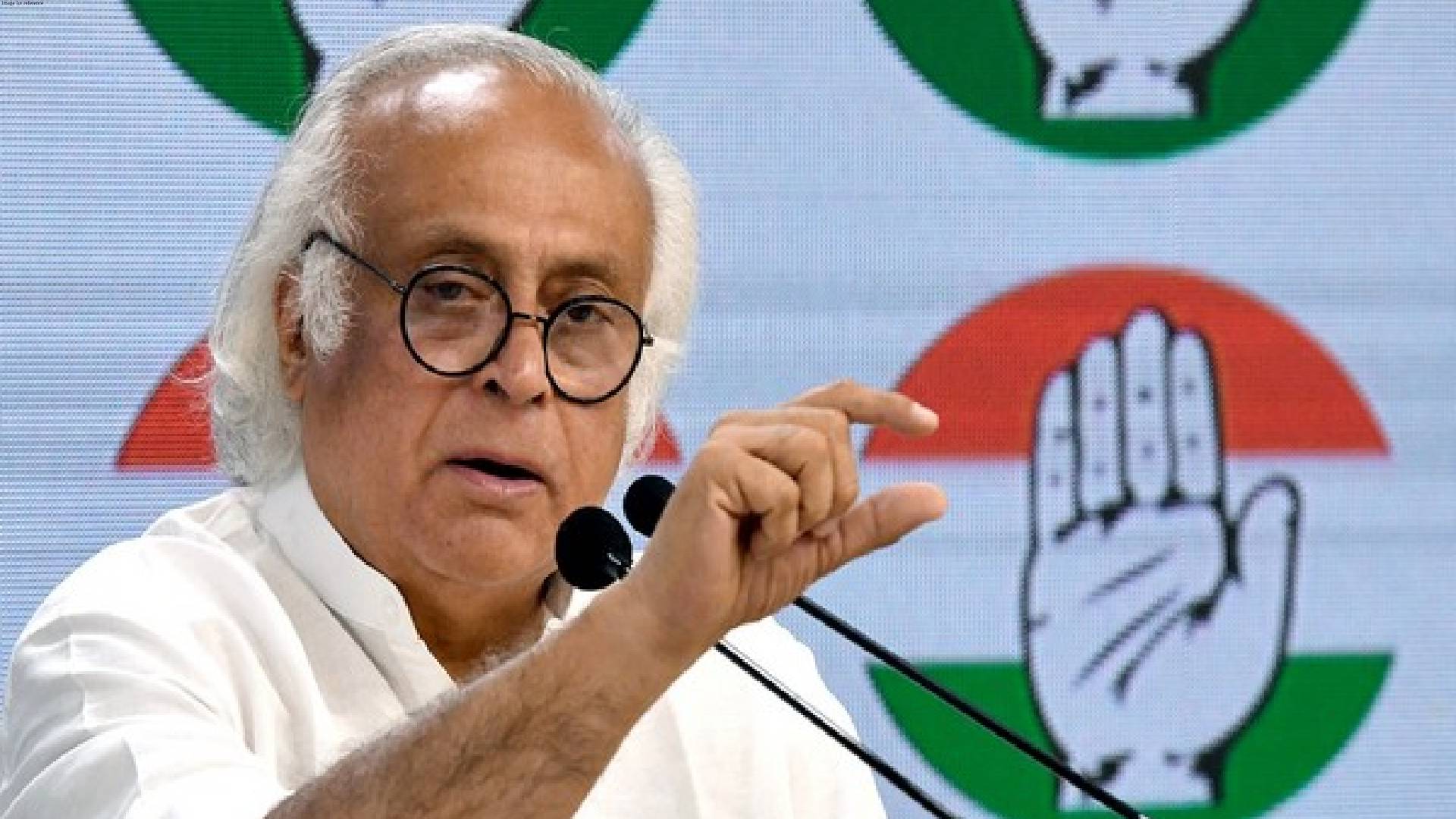
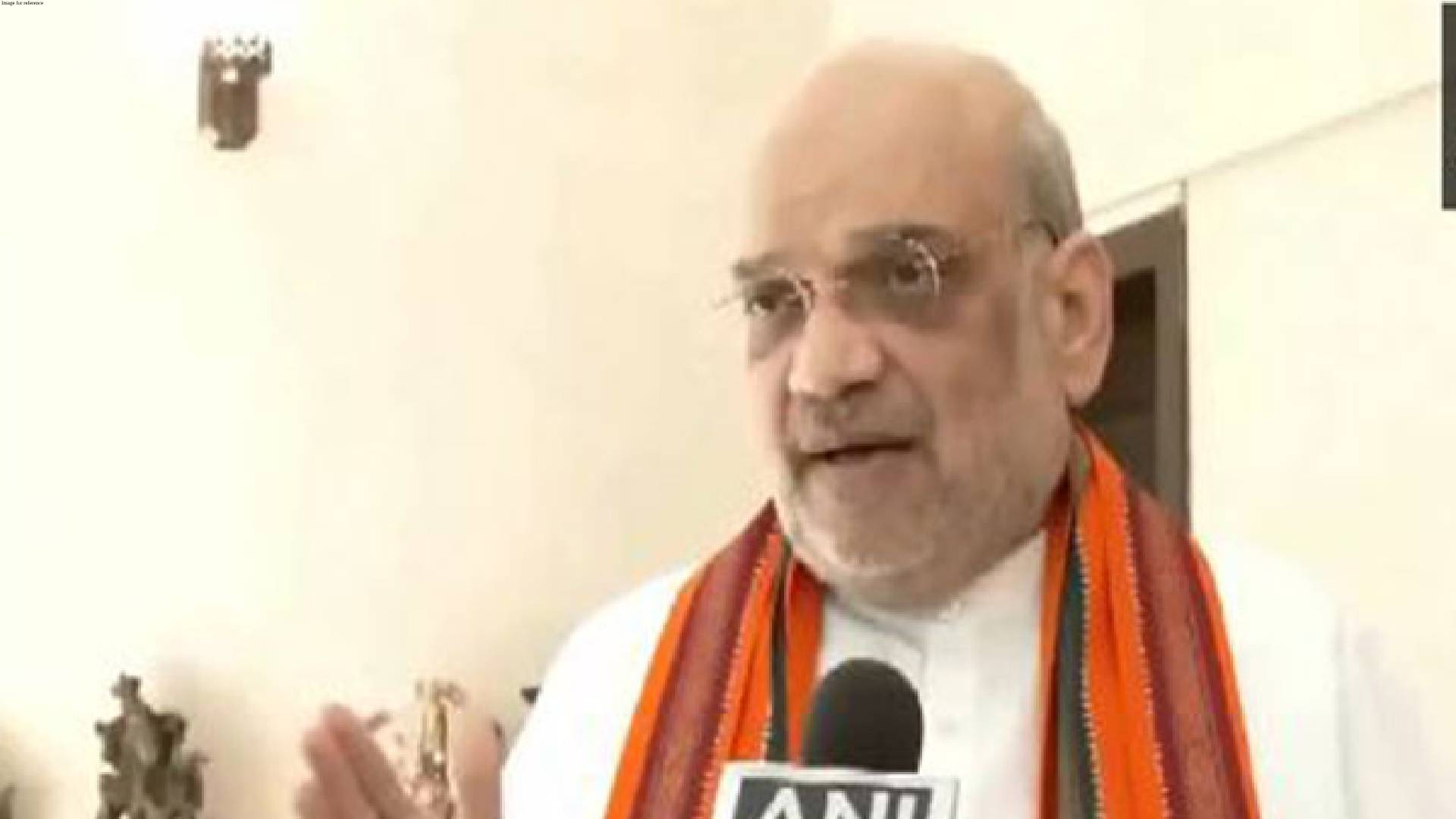
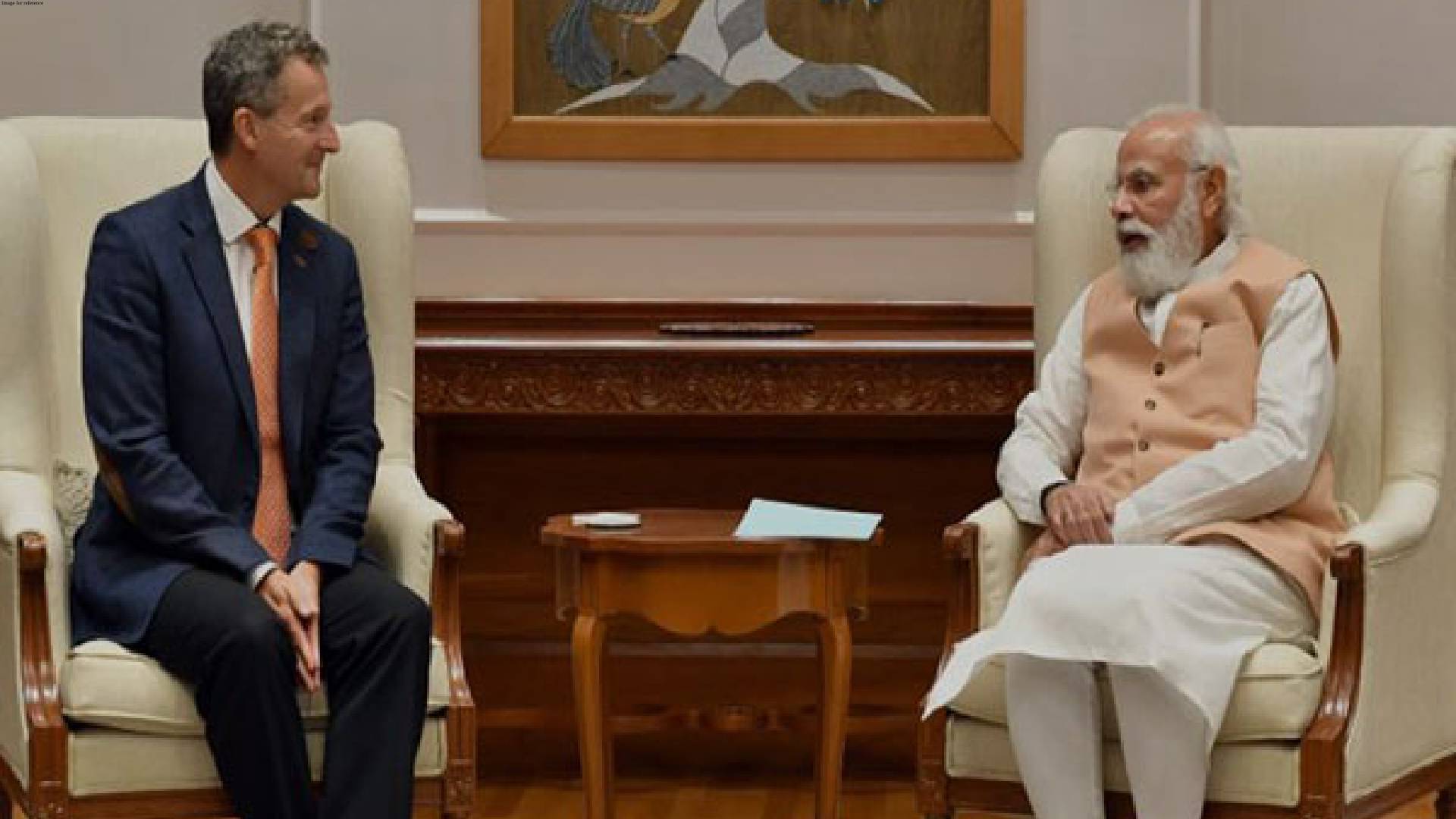
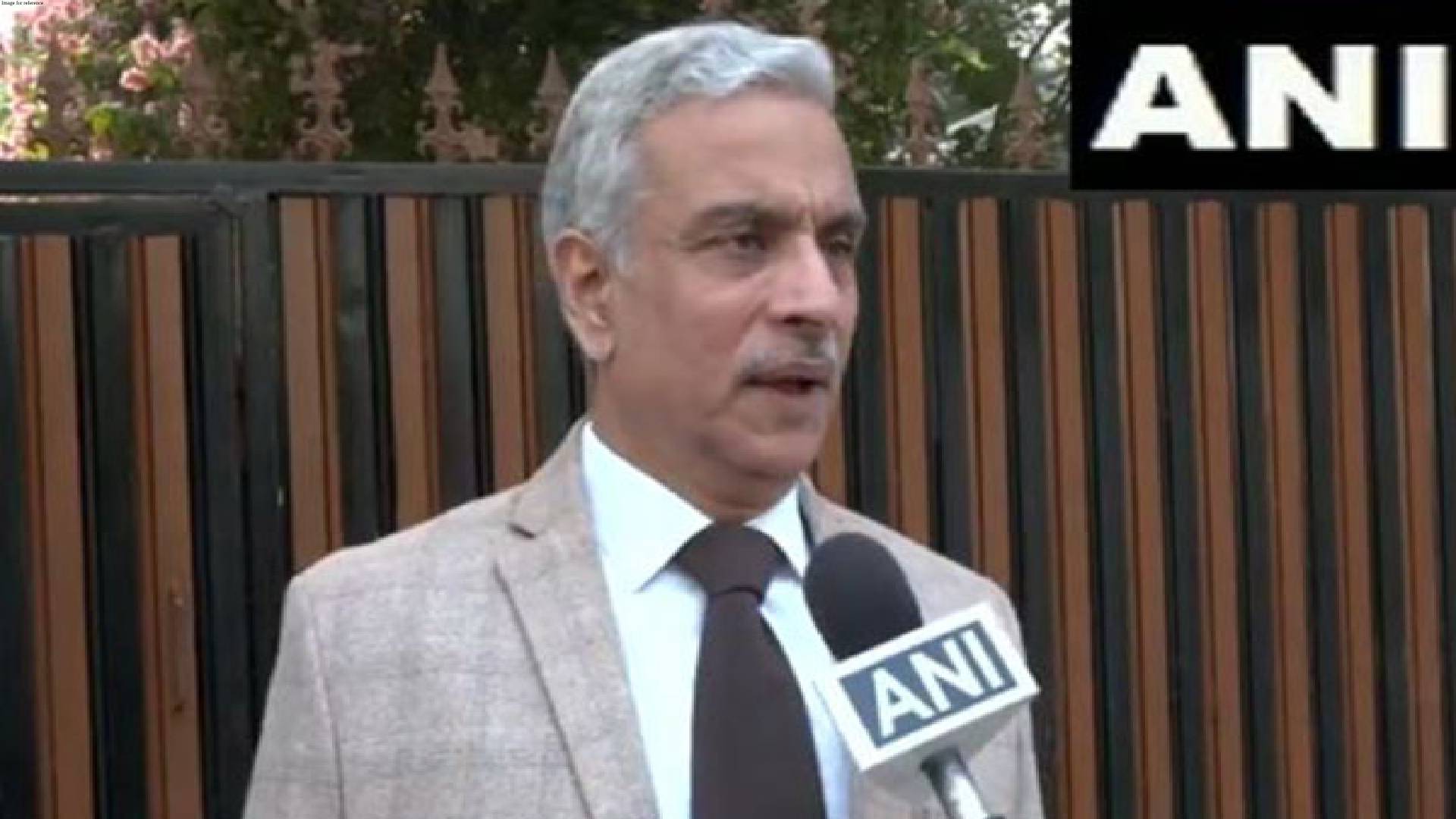
.jpg)



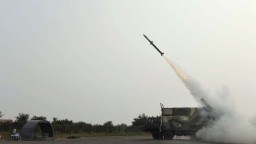

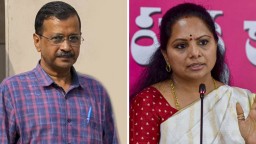
.jpg)


.jpg)
